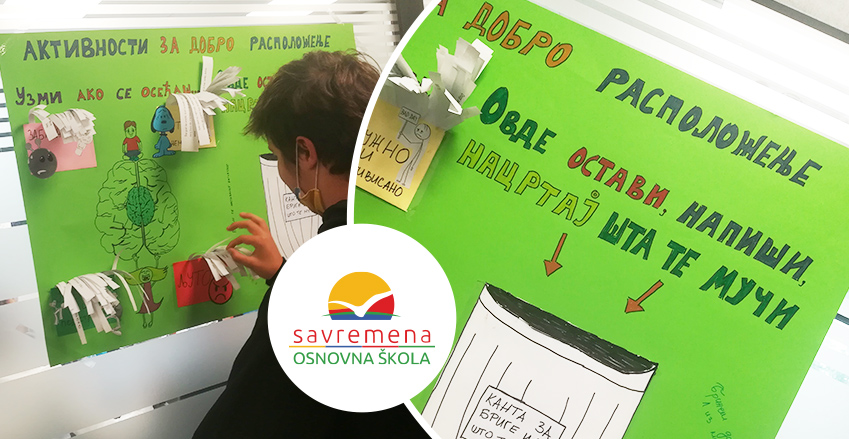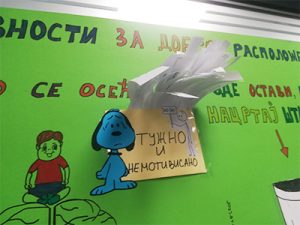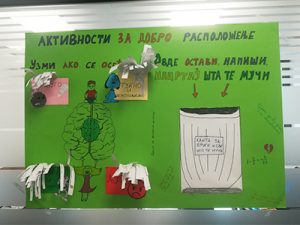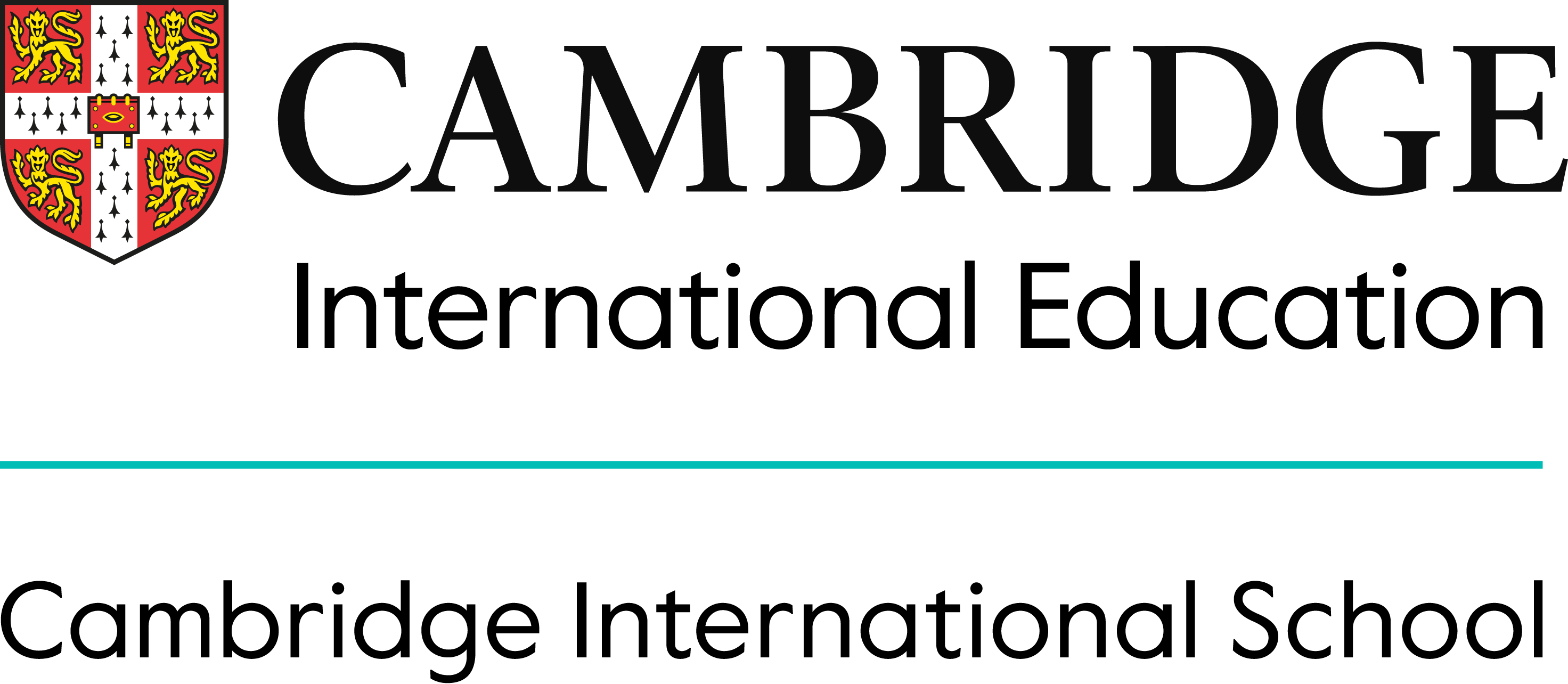
October – Mental health awareness month
Sasa Zdravkovic / / Blog, I-IV, Kombinovani, Nacionalni, V-VIII / October 10, 2020
October – Mental health awareness month
Activities and discussions aimed at improving health, strengthening self-confidence and overcoming stress
Primary School Savremena has declared October the mental health awareness month, and we are organising workshops about the prevention of violence, safe use of the Internet and discussions between the psychologist and students. Since October 10 is observed as World Mental Health Day, students in Year 6 and the school psychologist created a board as part of the school’s afternoon activities titled Activities to Help Improve Your Mood.
This way, students are invited to talk openly about their feelings, to recognise and express them. Such activities stimulate resilience, emotional literacy and students’ mental health.
One section of the board contains envelopes with student messages and quotes on what they do when they feel sad, unmotivated, worried, stressed or angry. Depending on how they feel at the moment, students can take a message from the envelope that suits their current mood.
The other side of the board is reserved for the Bin for Worries and Anxieties where students can insert pieces of paper with their problems. They can also draw or write everything that troubles them next to the bin.


This way, students are invited to talk openly about their feelings, to recognise and express them. Such activities stimulate resilience, emotional literacy and students’ mental health.
It is precisely due to the importance of mental health and a growing need to speak openly about these issues and try to solve them that Primary School Savremena has declared October the mental health awareness month. Workshops with students and parents about the prevention of violence are part of that. We also planned workshops about digital violence and the safe use of the Internet, as well as individual interviews between the school psychologist and all senior grade students.
Interview with the school psychologist Katarina Mladenović
How does the school observe October as the mental health awareness month and how did children react to the presented topics and activities?
The mental health awareness month is observed through different activities. One of the very first was the joint preparation of the Activities to Help Improve Your Mood board which was displayed on the first floor of the school building as a daily reminder and support for students who face various conflicting emotions every day. It reminds them that it is okay to have those feelings, to express them, and it proposes ways to do it. Students find this activities very interesting, they often spend time in front of the board trying to read all the notes posted there. They also enjoyed the process of preparing the material for the board, because they researched quotes and activities that may be useful for expressing and controlling different feelings on their own.
In addition, older students had a lecture with the psychologist in October on peer violence and how to react in case they become a victim, or witness violence. Students readily shared their personal experiences and examples in these lectures. They analysed what they did wrong then and whether they would behave differently now that they know a lot more about it. The most interesting thing about these lectures is that many students are surprised when they learn what counts as violence, and I think this new information they obtained will help them to refrain from using those forms of behaviour that may provoke violence.
Given that students spend a great deal of their free time on social media and Internet, the psychologist will give a series of lectures on the safe use of the Internet. These lectures are designed so as to allow students to judge for themselves if certain ways of using the Internet are safe or not on real-life examples, after which we will list the rules of safe Internet use together. I believe they will be greatly interested in this lecture, because it speaks in ‘their language’ in a way, and addresses what currently occupies their attention the most.
The mental health awareness month will also be observed through individual interviews between the psychologist and students, so everyone would get an opportunity to talk openly about themselves, their problems, needs and desires. For now, students are happy to come and share their problems. More importantly, they do not see these interviews with the psychologist as a punishment, but as a way to seek and receive help.
It is said there is no health without mental health. The first thing that comes to mind about that is improving one’s self-confidence. However, there are also aspects that have to do with the preservation of mental health of the young population.
Mental health of school children is one of the most important factors of their overall well-being. Time spent at school is a period that largely shapes our personality and how we behave as adults. How the child is accepted among their peers, how they react to poor grades, how they cope with criticism and developmental conflicts, how they fight for their place in the group, how they react to pressure associated with academic achievement, but also peer pressure – all these factors impact the self-image of the child. If we teach them that it is important to take care about our mental health and to talk about everything that bothers us at this age, it will minimise the risk of depression and alienation, anxiety, panic attacks, but also the risk of falling prey to major vices, such as alcoholism, substance abuse, Internet addiction, and delinquency.
Why is Primary School Savremena a stimulating environment for preserving one’s mental health?
First of all, our school strives to acknowledge and respect individual characteristics and needs of each child. Children are free to express their opinions, ideas and needs, and for that, they are adequately rewarded and praised. Topics that directly impact the development of socio-emotional competencies of young people (problem solving, emotional literacy, assertive communication, empathy, life skills, social solidarity) are addressed in different courses at Savremena. Teaching is designed so as to encourage children’s creativity, which is one of the most important factors for the preservation of one’s mental health. Instead of stifling children’s talent and creativity, we are trying to encourage and develop them through various school clubs and recreational activities at school, but also through extracurricular activities in the form of frequent field trips and outdoor activities, as well as through a modern approach to teaching and topics which are part of regular education.
The school nurtures solidarity and team spirit, as well as open communication. Students are free to address any employee at the school if they have a problem so they could work together on solving it. We also nurture a relationship of mutual trust with our students through frequent visits of the psychologist to classes, and individual interviews with students.
Students’ thoughts on mental health are encouraging and inspire hope
Read what Savremena students had to say about the importance of mental health and why this topic should be discussed at school?
I believe every child should spend more time thinking about their mental health. It’s not nice to bully others, because we could hurt them, or even endanger someone’s life. To maintain our mental health, we need to continuously develop our psychological potential. Children victims of violence often refuse to go to school. They tell their parents they are sick, I have heard all kinds of excuses: ”My tummy aches, my head aches, even my hair aches.” I was bullied at my old school and I really felt it. If someone insults you, ignore it, or listen to your parents and do what they tell you. This is just what I think. We have to be strong and not allow anyone to provoke, tease, bully or hit us.
Natalija Nikolić
Children should be extra careful on the Internet because of cyber-bullying. It can cause enormous consequences, children may start hating themselves, and think they are not good enough for this world…Victims of bullying are usually mentally insecure and weak. We should never bully others, because we never know how hard their family situation is, what kind of stress they are exposed to, so we need to talk about this to deal with the problem.
Jelena Mitrović
I think the most important thing is that we are all mentally healthy so as to avoid violence. If there is a boy or a girl with a problem, we need to listen to them, to join forces and help them so they could continue their development unchallenged. We should never bully others. And identifying the problem on time is very important. To give our support to that boy or a girl, so they could fit in, hang out with others and avoid potential catastrophic consequences.
Dušan Šušilović
Mental health is very important for an individual, but for the group as well, because if an individual has a problem, the entire community should help them solve it. It is important to talk about this, both at school and elsewhere, because this way, we are helping each other, and making this world a better place.
Andrea Beštić
It is important to care about others, because if we treat others badly, we can hurt them, and consequences may be terrible. For example, they could lose friends or feel bad for having to go to school. We should never embarrass or ridicule others, because we never know what their life is like, their family situation, and we may inadvertently exacerbate their stress and sadness.
Divna Milić




